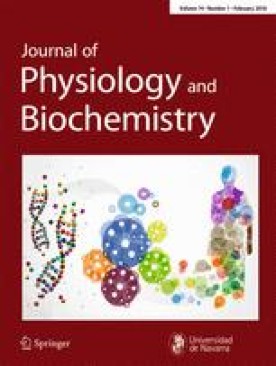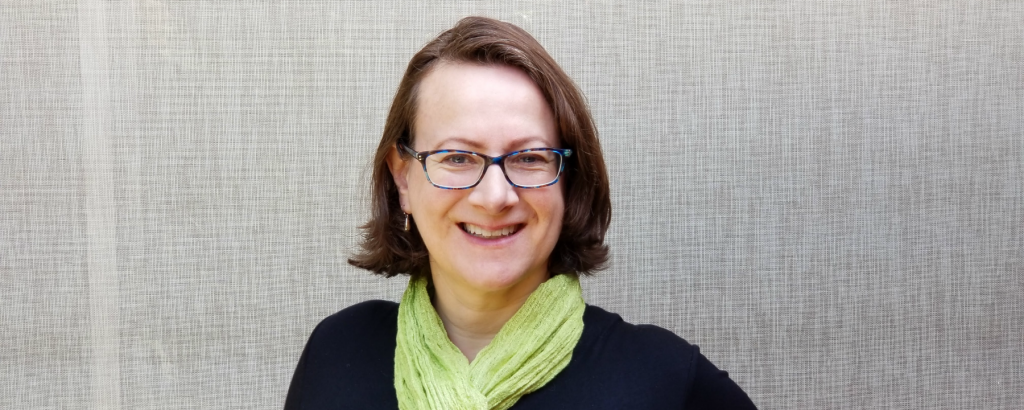
The director of one the nation’s premier cancer centers has been suspended amid concerns over several of his papers – but he tells Retraction Watch it is unrelated to comments about that work on PubPeer.
An email Wednesday to employees at New York University’s medical center – and a subsequent message to staff at the institution’s Perlmutter Cancer Center – explained that Benjamin Neel, the former director of the center, had been suspended.
The letter, signed by Steven Abramson, a rheumatologist and executive vice president at NYU Langone Health, did not state the reason for the move:
Continue reading Exclusive: NYU cancer center director suspended







